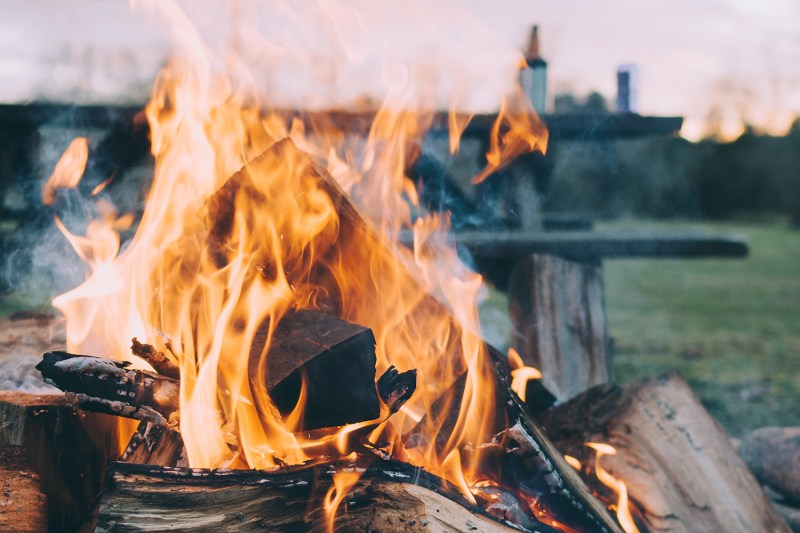
A summer camping trip is not complete without campfires. Building a campfire helps bring your fellow campers together for some fine beer and perfectly roasted marshmallows and hotdogs. As much as campfires warm you and trigger feelings of nostalgia, campfires are undoubtedly a natural hazard — especially when left attended as they can cause wildfires.
Outdoorsmen need to act responsibly in preventing human-sparked wildfires from devastating the wilderness. Below, we’ll share with you some tips on how to enjoy your campfires responsibly for your next road trip to your favorite dispersed campsite.
Related Guides
Practice Abstinence
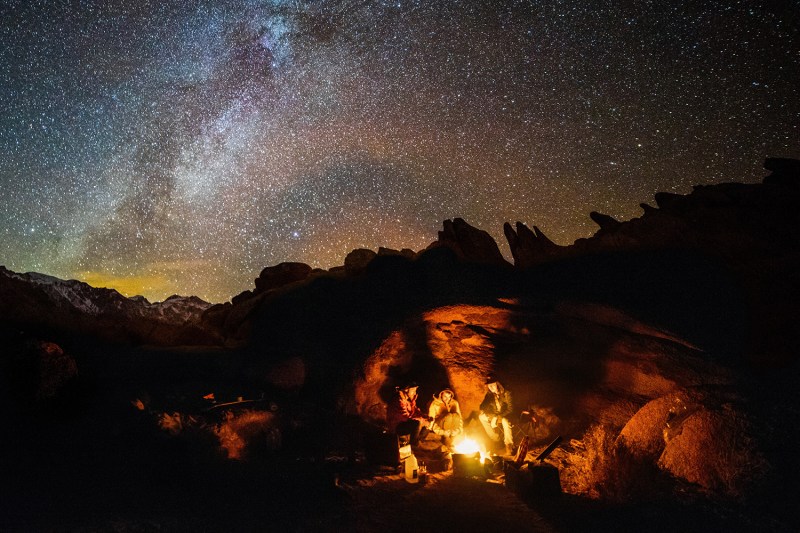
For most of us, camping without a campfire is like celebrating St. Patrick’s Day without Guinness. The potential for campfires to get out of control, however, is very real. It’s obvious to say it, but the best way to combat wildfires is to abstain from starting fires in the wilderness altogether.
Obey the Rules
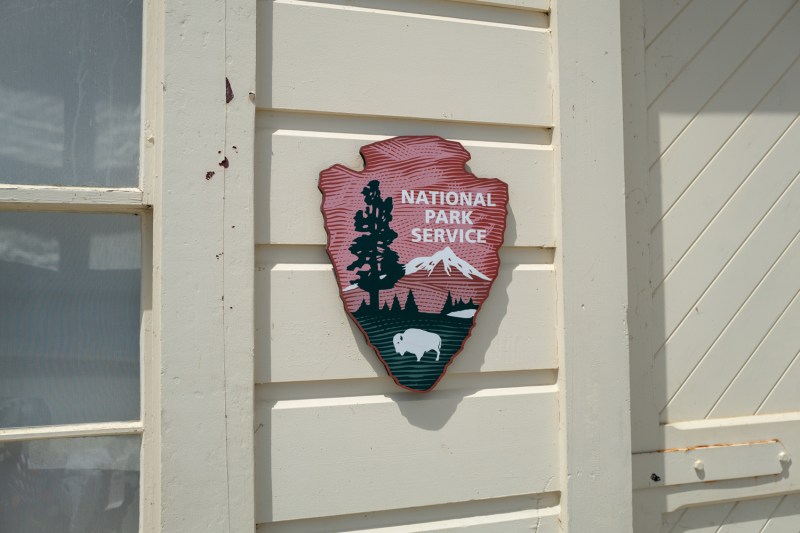
Research the regulations of your next campsite well before you arrive. Websites for the various U.S. land management agencies — including the National Park Service, Forest Service, and the Bureau of Land Management — are upfront about if and where campfires are allowed. Even if fires are permitted where you’re headed, check the current conditions to see what the latest risk of fire danger is. Always err on the side of caution. It’s easy to slip into a naïve mindset: “We’re just going to have a small fire. What’s the harm?” That thinking puts public lands, other campers, and wildland firefighters at risk.
Know Your Gear
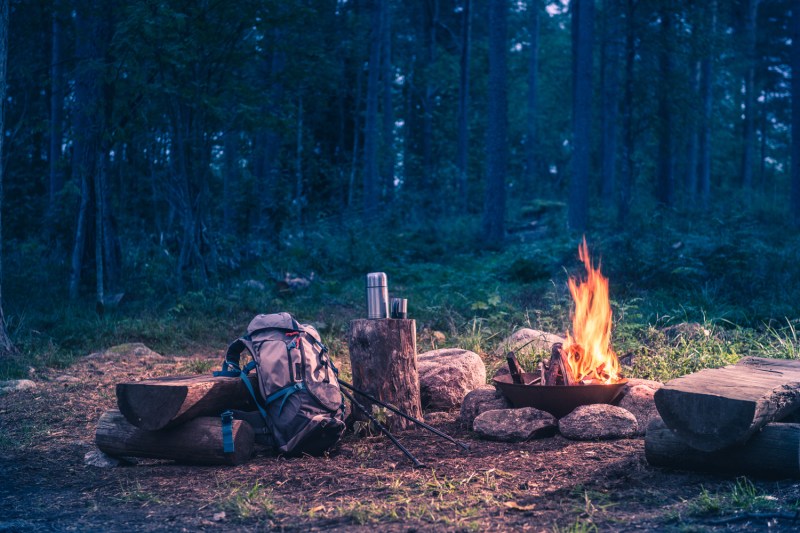
Always know your gear before heading into the backcountry. This is doubly true for camp stoves. If you recently bought a new stove, practice with it at home (preferably on a stone or paved surface) to understand how it works, its capabilities, and, most importantly, its flame pattern. Some manufacturers like MSR also sell purpose-built windscreens and heat reflectors. These not only make your stove easier to light and more efficient but also rein in loose sparks and heat. A dirt-cheap alternative is to create your own from a small piece of aluminum or tin.
Prepare Your Fire Sites
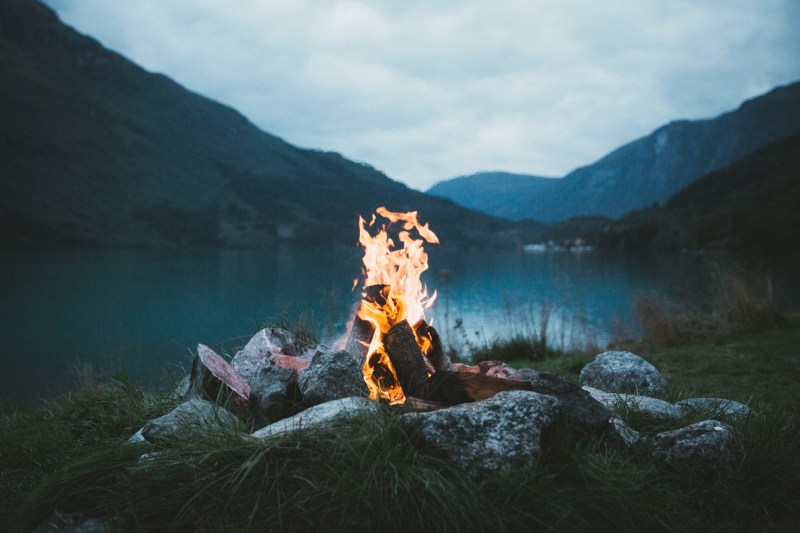
Prepare your fire site and camping cooking gear beforehand. Clear the areas around your stove and fire ring of any loose and potentially flammable debris like dried grass, leaves, and pine cones. Gather all your fire-making materials in advance, so you’re not scrambling later to find wood to feed a dying fire (and leaving that fire unattended in the process).
Be Ready to Extinguish
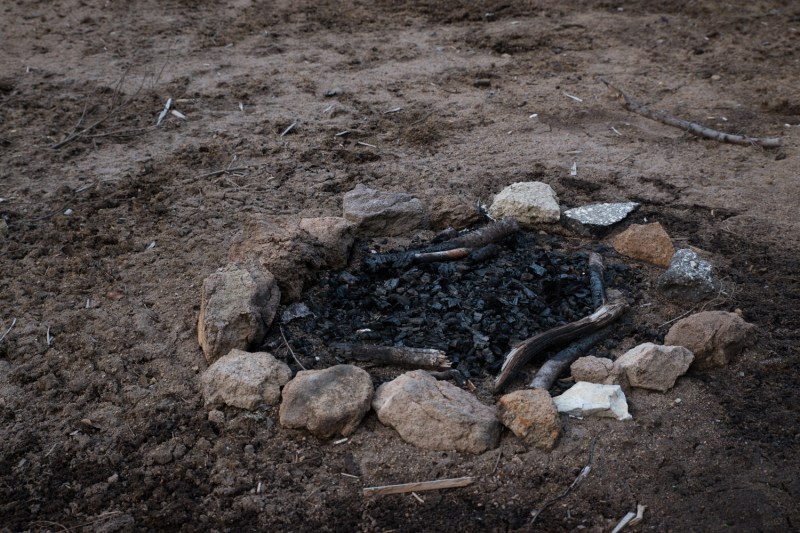
The best way to avoid an out-of-control campfire is, of course, to not light one in the first place. If you do, be sure to keep plenty of water at the ready. This can be challenging on extended backcountry hikes, which is all the more reason to exercise caution. Packing a portable shovel to extinguish a raging fire with heaps of dirt is one option. Car campers, however, can easily keep a few gallons of water on hand with a lightweight, collapsible water jug.
Pay Attention to Your Parking

Backcountry fire safety starts before you even step out of the car. It might not seem obvious, but careless parking presents a significant fire hazard. Together, hot mufflers and dried grass are a perfect recipe for sparking a wildfire. Your best bet is to park on a paved or dirt surface away from any brush. If that’s not an option, find an area where the grass is lowest and make sure nothing is touching your muffler before you decide to park.


